This post was written by Harshal Morwale, an India-qualified international arbitration lawyer working as an associate with a premier Indian law firm in New Delhi; LLM from the MIDS Geneva Program (2019-2020); alumnus of the Hague Academy of International Law.
Sovereign immunity from enforcement would undoubtedly be a topic of interest to all the commercial parties contracting with state or state entities. After all, an award is only worth something when you can enforce it. The topic received considerable attention in India recently, when the Delhi High Court (“DHC”) ruled on the question of immunity from enforcement in case of commercial transactions (KLA Const Tech v. Afghanistan Embassy). This ruling is noteworthy because India does not have a consolidated sovereign immunity law, and this ruling is one of the first attempts to examine immunity from enforcement.
This post is part I of the two-part blog post. This part examines the decision of the DHC and identifies issues emanating from it. The post also delves into the principles of international law of state immunity and deals with the relevance of diplomatic immunity in the current context. The second part (forthcoming) will explore the issue of consent to the arbitration being construed as a waiver of immunity from enforcement and deal with the problem of whether the state’s property can be attached to satisfy the commercial arbitral award against a diplomatic mission.
DHC: No Sovereign Immunity From Enforcement In Case Of Commercial Transactions
In the case of KLA Const Tech v. Afghanistan Embassy, KLA Const Technologies (“claimant”) and the Embassy of the Islamic Republic of Afghanistan in India (“respondent”) entered into a contract containing an arbitration clause for rehabilitation of the Afghanistan Embassy. During the course of the execution of works, a dispute arose between the parties. The claimant initiated the arbitration. An ex parte award was passed in favor of the claimant by the Sole Arbitrator. Since the respondent did not challenge the award, the claimant seeks its enforcement in India in line with Section 36(1) of the Arbitration & Conciliation Act 1996, whereby enforcement cannot be sought until the deadline to challenge the award has passed. In the enforcement proceedings, the DHC inter alia focused on immunity from enforcement of the arbitral award arising out of a commercial transaction.
The claimant argued that the respondent is not entitled to state immunity because, in its opinion, entering into an arbitration agreement constitutes “waiver of Sovereign Immunity.” Further, relying on Articles 10 and 19 of the United Nations Convention on Jurisdictional Immunities of States and Their Property (“UNCJIS”), the claimant argued that the states cannot claim immunity in case of commercial transactions and the UNCJIS expressly restricts a Foreign State from invoking sovereign immunity against post-judgment measures, such as attachment against the property of the State in case of international commercial arbitration.
After analyzing the claimant’s arguments and relevant case laws, the DHC reached the following decision:
- In a contract arising out of a commercial transaction, a foreign state cannot seek sovereign immunity to stall the enforcement of an arbitral award rendered against it.
- No separate consent for enforcement is necessary, and consent to arbitrate is sufficient to wave the immunity. The DHC opined that this ruling is in “consonance with the growing International Law principle of restrictive immunity.”
The DHC ordered the respondent to declare inter alia all its assets, bank accounts in India, etc., by a stipulated date. Since the respondent did not appear and did not make any declaration by that date, the DHC has granted time to the claimant to trace the attachable properties of the respondent.
The decision has been well received in the Indian legal community and has been lauded as a pro-arbitration decision as it promotes prompt enforcement of arbitral awards in India, regardless of the identity of the award-debtor. The decision is also one of the first attempts to define immunity from ‘enforcement’ in India. The existing law of sovereign immunity in India is limited to section 86 of the Indian Civil Procedure Code, which requires the permission of the Central Government in order to subject the sovereign state to civil proceedings in India. Therefore, the DHC’s decision is critical in the development of sovereign immunity jurisprudence in India.
Difference Between Jurisdictional Immunity And Enforcement Immunity Under The UNCJIS
It is worth noting that the DHC did not explicitly address the claimant’s argument regarding the UNCJIS. Regardless, it is submitted that the claimant’s argument relying on articles 10 and 19 of the UNCJIS is flimsy. This is particularly because the UNCJIS recognizes two different immunities – jurisdiction immunity and enforcement immunity. Article 10 of the UNCJIS, which provides for waiver of immunity in case of commercial transactions, is limited to immunity from jurisdiction and not from enforcement. Further, Article 20 of the UNCJIS clearly states that the state’s consent to be subjected to jurisdiction shall not imply consent to enforcement. As argued by the late Professor James Crawford, “waiver of immunity from jurisdiction does not per se entail waiver of immunity from execution.”
Notwithstanding the above, even the DHC itself refrained from appreciating the distinction between immunity from jurisdiction and immunity from enforcement. The distinction is critical not only under international law but also under domestic statutes like the English Sovereign Immunity Act (“UKSIA”). It is submitted that Indian jurisprudence, which lacks guidance on this issue, could have benefitted from a more intricate analysis featuring the rationale of different immunities, the standard of waivers, as well as the relevance of Article 20 of UNCJIS.
Curious Framing Of The Question By The DHC
In the current case, the DHC framed the question of sovereign immunity from enforcement as follows: Whether a Foreign State can claim Sovereign Immunity against enforcement of arbitral award arising out of a commercial transaction? On the face of it, the DHC decided a broad point that the award is enforceable as long as the underlying transaction is commercial. The real struggle for the claimants would be to determine and define which property would be immune from enforcement and which wouldn’t.
The framing of the issue is interesting because the sovereign state immunity from enforcement has generally been perceived as a material issue rather than a personal issue. In other words, the question of state immunity from enforcement has been framed as ‘what subject matter can be attached’ and not ‘whether a particular debtor can claim it in a sovereign capacity’. In one of the case laws analyzed by the DHC (Birch Shipping Corp. v. The Embassy of the United Republic of Tanzania), the defendant had argued that under the terms of the US Foreign Sovereign Immunities Act, its “property” was “immune from the attachment.” Further, in the operative part of the judgment, the US District Court stated, “the property at issue here is not immune from attachment.” Unlike the DHC’s approach, the question of immunity from enforcement in the Birch Shipping case was argued and ruled upon as a material issue rather than a personal one.
While the decision of the DHC could have a far-reaching impact, there is a degree of uncertainty around the decision. The DHC ruled that as long as the transaction subject to arbitration is commercial, the award is enforceable. There remains uncertainty on whether this ruling means that all properties of the sovereign state can be attached when the transaction is commercial. Would this also mean diplomatic property could be attached? The DHC still has the opportunity to clarify this as the specific properties of the respondent for the attachment are yet to be determined, and the claimant has been granted time to identify the attachable properties.
Diplomatic Immunity or Sovereign Immunity: Which One Would Apply?
While state immunity and diplomatic immunity both provide protection against proceedings and enforcements in the foreign court or forum, the subjects of both immunities are different. While sovereign immunity aims to protect the sovereign states and their instrumentalities, diplomatic immunity specifically covers the diplomatic missions of the foreign states. The law and state practice on sovereign immunity are not uniform. On the other hand, the law of diplomatic immunity has been codified by the Vienna Convention on Diplomatic Relations (“VCDR”). Unlike the UNCJIS, the VCDR is in force and has been adopted by over 190 states, including India and Afghanistan.
Since the party to the contract, the arbitration, and the enforcement proceedings in the current case is an embassy, which is independently protected by the diplomatic immunity, the decision of the DHC could have featured analysis on the diplomatic immunity in addition to the state immunity. Like the UNCJIS, the VCDR recognizes the distinction between jurisdictional and enforcement immunities. Under Article 32(4) of the VCDR, the waiver from jurisdictional immunity does not imply consent to enforcement, for which a separate waiver shall be necessary.
Additionally, the DHC had an opportunity to objectively determine whether the act was sovereign or diplomatic. In Re P (Diplomatic Immunity: Jurisdiction), the English Court undertook an objective characterization of the entity’s actions to determine whether they were sovereign or diplomatic. The characterization is critical because it determines the kind of immunity the respondent is subject to.
In the current case, the contract for works entered into by the embassy appears to be an act undertaken in a diplomatic capacity. Hence, arguably, the primary analysis of the DHC should have revolved around diplomatic immunity. It is not to argue that the conclusion of the DHC would have been different if the focus was on diplomatic immunity. However, the analysis of diplomatic immunity, either independently or together with the sovereign immunity, would have substantially bolstered the significance of the decision considering that the interplay between sovereign and diplomatic immunities under Indian law deserves more clarity.
One might argue that perhaps the DHC did not deal with diplomatic immunity because it was raised neither by the claimant nor by the non-participating respondent. This raises the question – whether the courts must raise the issue of immunity proprio motu? The position of law on this is not entirely clear. While section 1(2) of the UKSIA prescribes a duty of the Court to raise the question of immunity proprio motu, the ICJ specifically rejected this approach in the Case Concerning Certain Questions of Mutual Assistance in Criminal Matters (Djibouti v. France) (para 196). Both of these approaches, however, relate to sovereign immunity, and there lacks clarity on the issue in the context of diplomatic immunity.
Conclusion
As noted above, despite being one of the first Indian decisions to deal with state immunity from an international law perspective, the decision leaves several questions open, such as the determination of attachable properties and the relevance of diplomatic immunity in the current context. It remains to be seen what approach the DHC takes to resolve some of these issues in the upcoming hearings.
The next part of the post explores the issue of consent to the arbitration being construed as a waiver of immunity from enforcement. The next part also deals with the problem – whether the state’s property can be attached to satisfy the commercial arbitral award against a diplomatic mission.
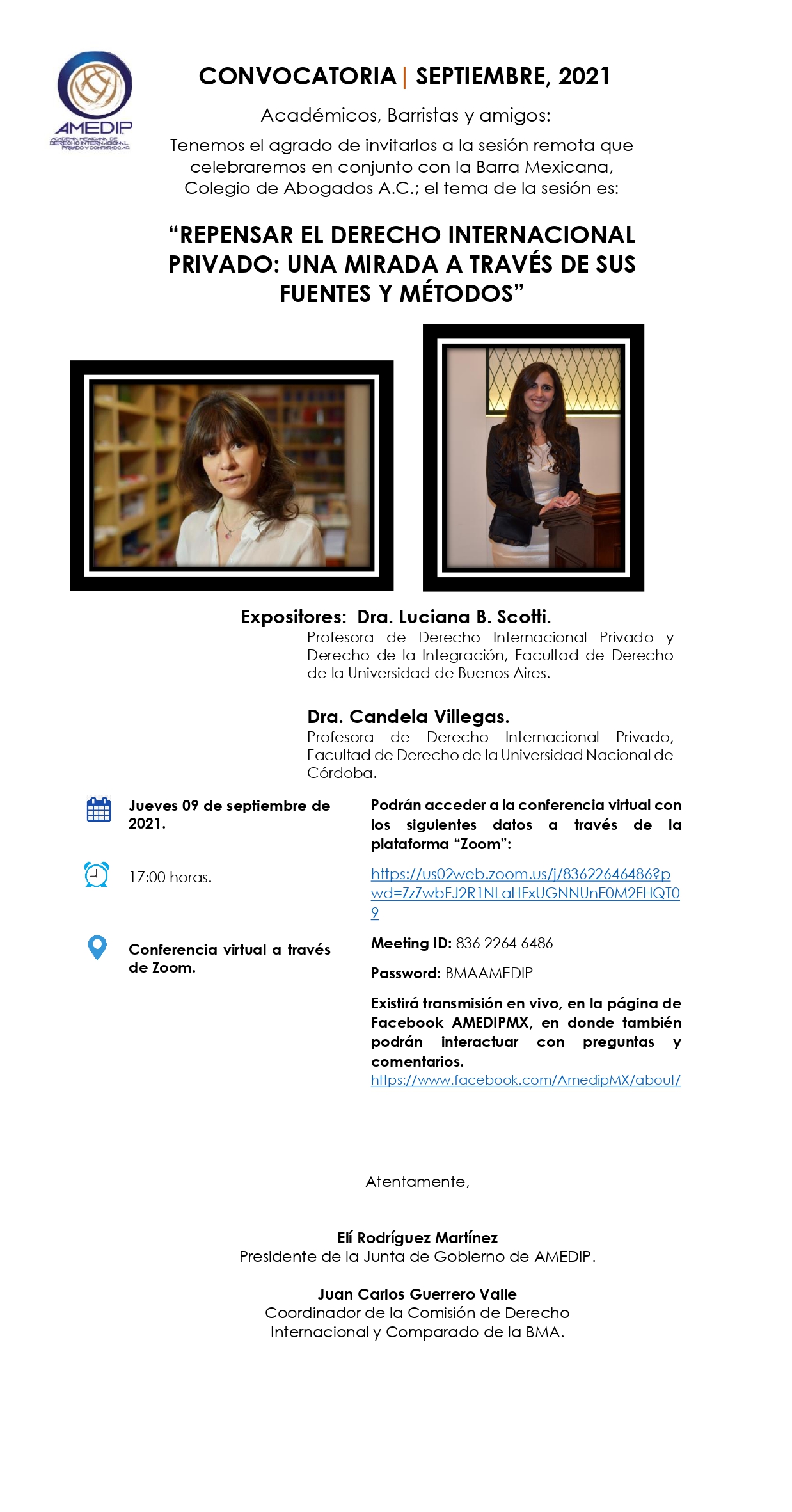



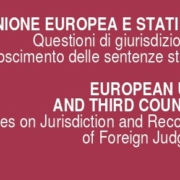
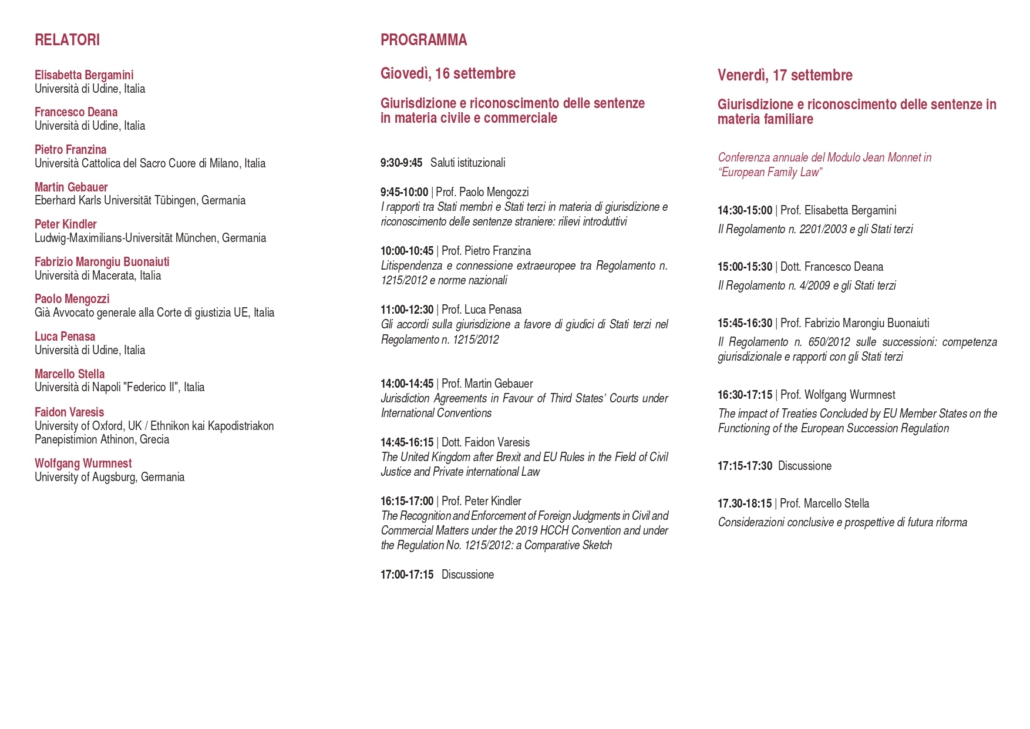
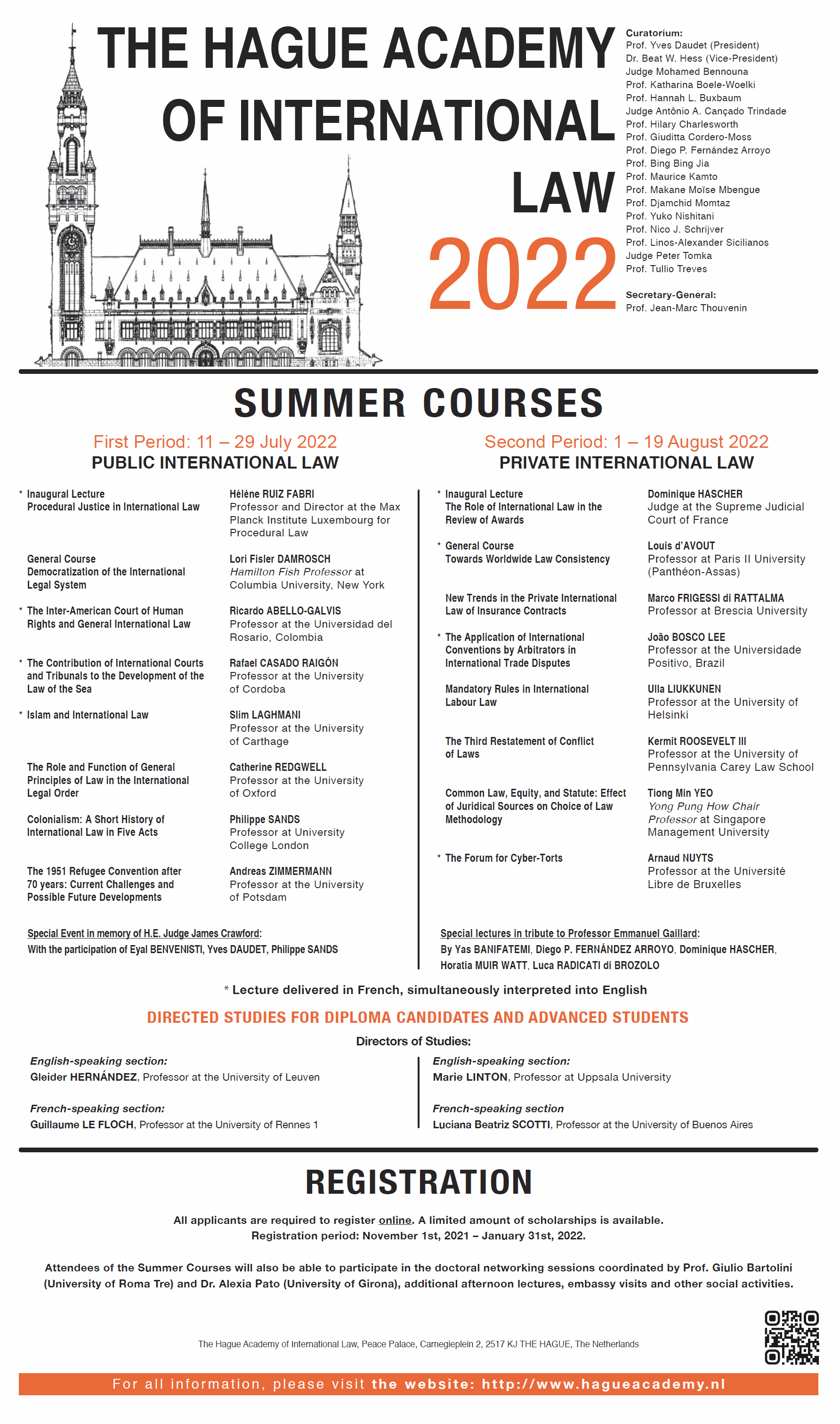
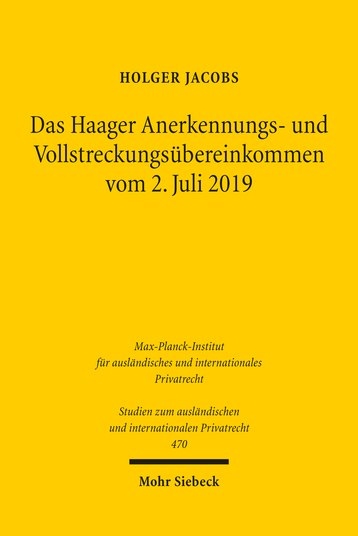

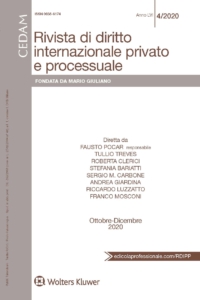 The second issue of 2021 of the
The second issue of 2021 of the